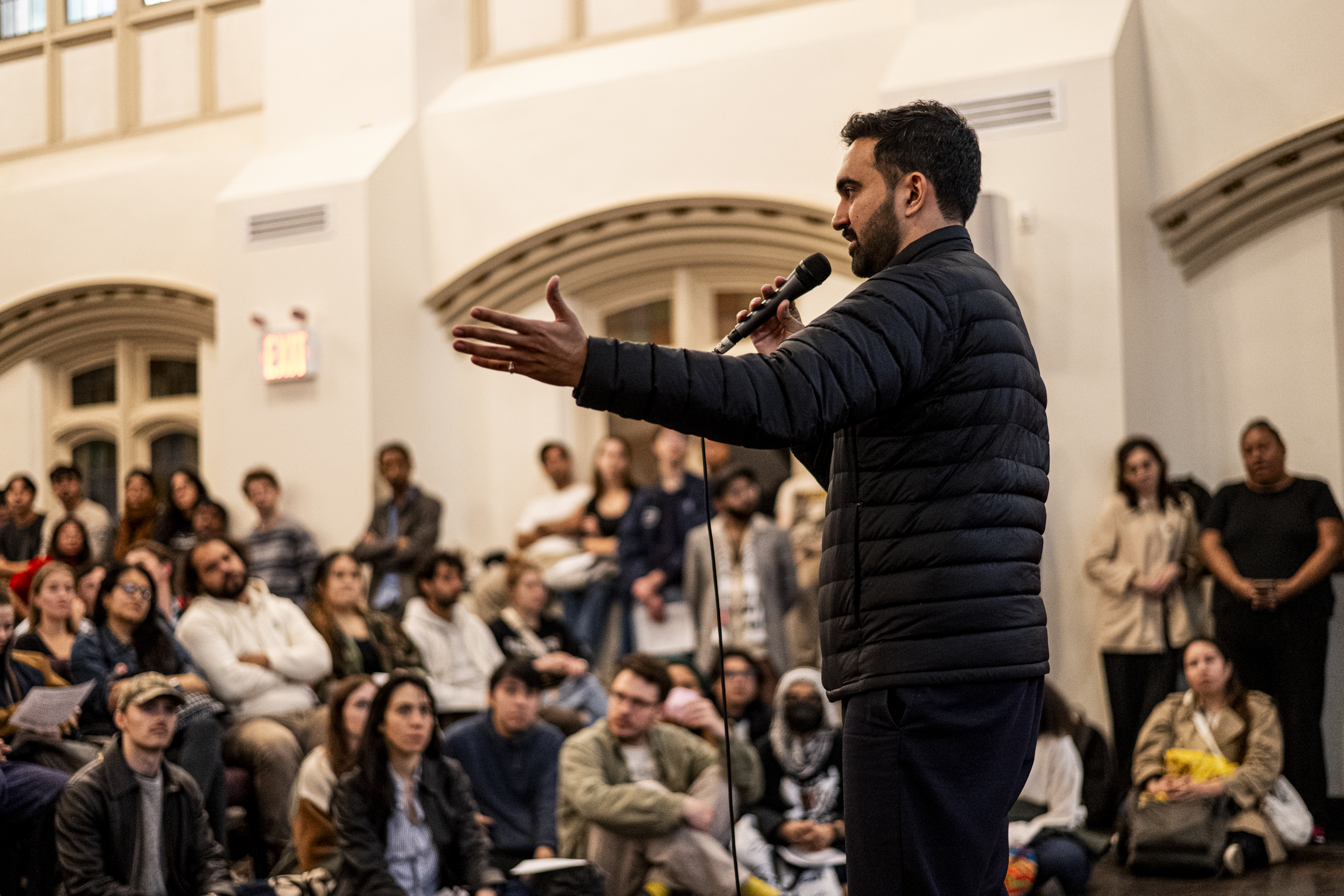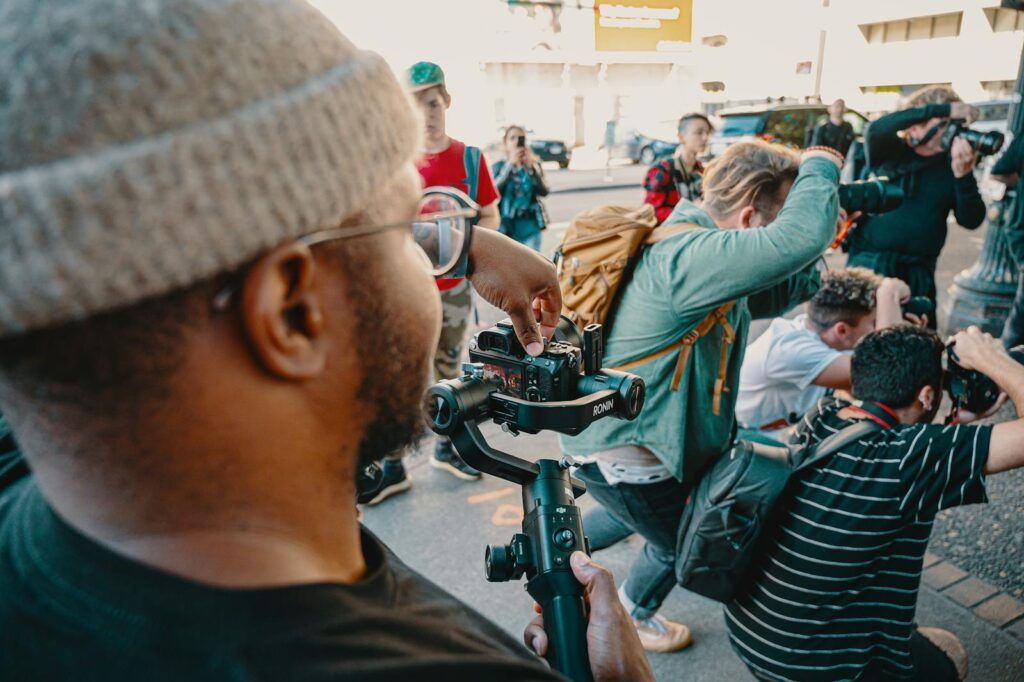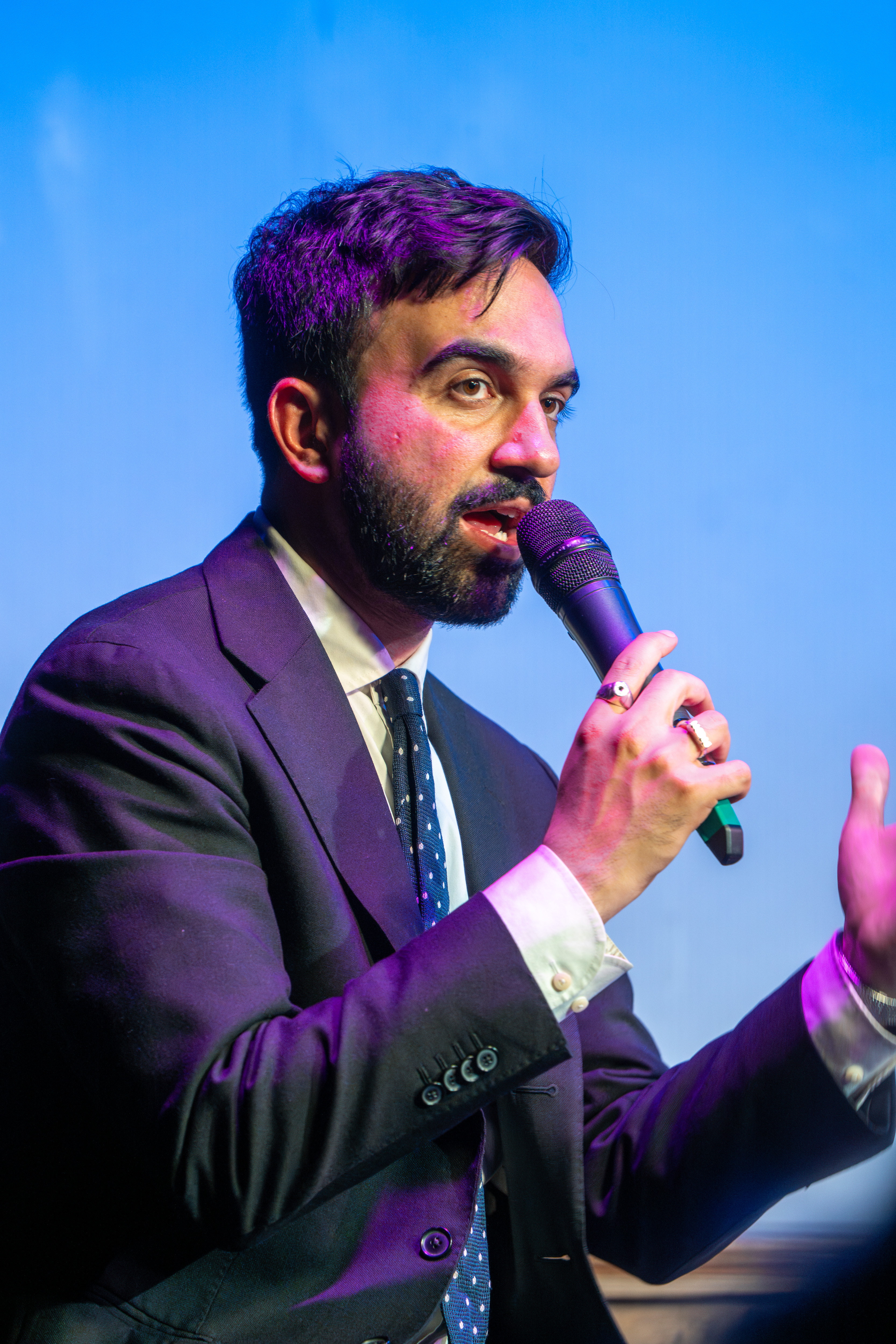
The political landscape of New York City, often a bellwether for broader national trends, has been profoundly reshaped by the ascent of Zohran Mamdani, who recently secured the Democratic nomination for mayor in the 2025 election. His victory, considered a major upset, positions him as a figure poised to fundamentally alter the city’s governance and ignite a direct ideological confrontation with former President Donald Trump, who has already branded Mamdani a “100% Communist lunatic.” This dramatic turn of events sets the stage for a mayoral race fraught with high stakes, reflecting deep divisions within American politics.
Mamdani, born on October 18, 1991, in Kampala, Uganda, into a family with a rich intellectual and artistic lineage, carries a diverse background that informs his political identity. His mother, Mira Nair, is a renowned filmmaker, and his father, Mahmood Mamdani, is a distinguished postcolonialism academic. Given the middle name Kwame in honor of Kwame Nkrumah, the first President of Ghana, Mamdani’s parents are both of Indian descent, with his mother a Punjabi Hindu and his father a Gujarati Muslim.
The family’s journey brought them from Kampala to Cape Town, South Africa, when Mamdani was five, and then to New York City at the age of seven, where he was raised in Morningside Heights. He attended the Bank Street School for Children, where he successfully ran as an independent candidate in a middle school mock election on a platform advocating “equal rights, anti-war [policy] that proposed spending money on education rather than the military.” His academic path led him to the Bronx High School of Science, where he co-founded the school’s first cricket team, and later to Bowdoin College, graduating in 2014 with a bachelor’s degree in Africana studies.
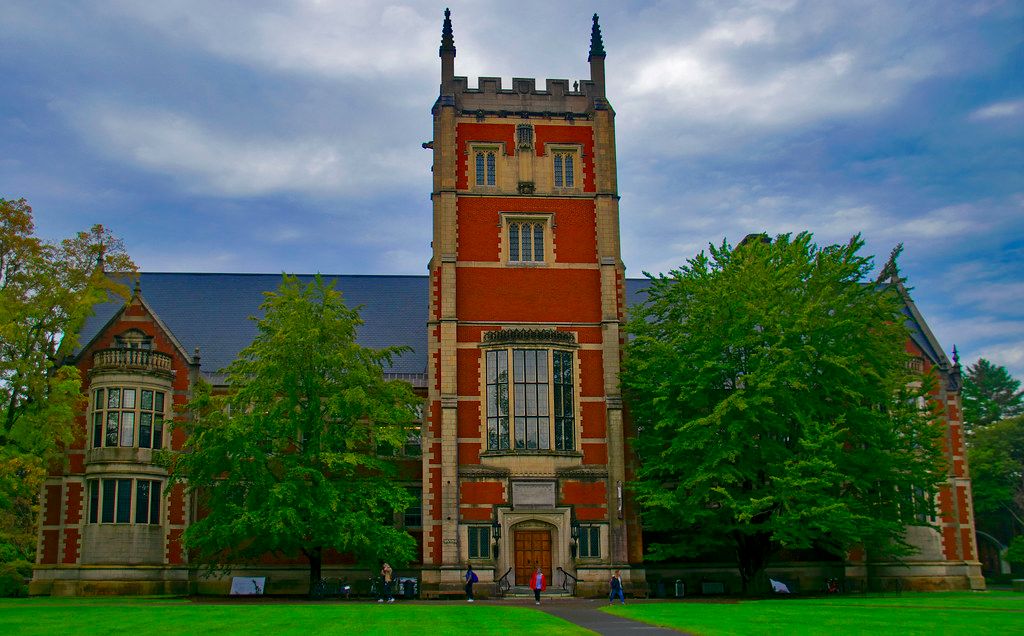
At Bowdoin, Mamdani co-founded the school’s chapter of Students for Justice in Palestine, an early indicator of his deep engagement with international issues. Before entering elected office, he worked as a foreclosure prevention and housing counselor in Queens, assisting lower-income nonwhite homeowners facing eviction. This experience, he stated, “motivated him to run for office to address the housing and affordability crisis,” providing a direct link between his grassroots work and his political aspirations.
Mamdani also cultivated a unique profile as a hip-hop musician, performing under the moniker Young Cardamom. In 2016, he collaborated with Ugandan rapper HAB on an EP titled “Sidda Mukyaalo,” meaning “No going back to the village” in Luganda, often rapping in English and Luganda. He also released a single titled “Nani” in 2019 under the moniker Mr. Cardamom, an homage to his maternal grandmother, and curated and produced the soundtrack for his mother’s 2016 film, “Queen of Katwe,” earning a nomination at the 2017 Guild of Music Supervisors Awards.
His formal entry into New York City politics began with volunteer work for various campaigns, including Ali Najmi’s 2015 City Council bid. In 2017, he joined the Democratic Socialists of America (DSA) and managed campaigns for figures like Khader El-Yateem and Ross Barkan. This groundwork culminated in his own successful campaign in 2020 to represent New York’s 36th State Assembly district, where he unseated four-term incumbent Aravella Simotas in the Democratic primary, running on a platform emphasizing housing reform, police and prison reform, and public ownership of utilities.
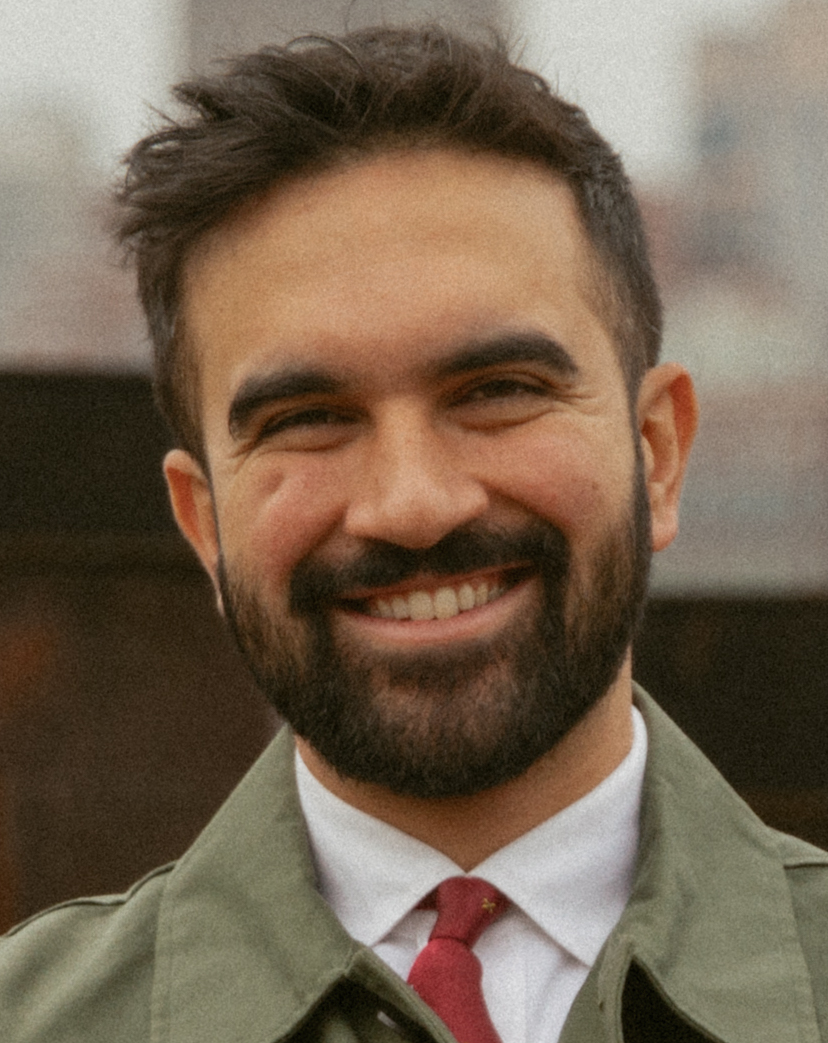
He was subsequently reelected without opposition in 2022 and 2024, solidifying his position as a prominent progressive voice within the New York State Assembly. As a member of the DSA’s “State Socialists in Office” bloc and the Muslim Democratic Club of New York, Mamdani has actively participated in legislative efforts. Notably, he played a crucial role in launching a successful fare-free bus pilot program and engaged in a hunger strike alongside taxi drivers, demonstrating his commitment to working-class issues.
On October 23, 2024, Mamdani formally announced his candidacy for mayor of New York City, unveiling a comprehensive platform aimed at addressing the city’s most pressing challenges. A central tenet of his transportation agenda is the support for permanently eliminating city bus fares, a concept he estimates would cost New York City $650 million per year. He advocated for a fare-free pilot program on MTA buses, which, during its operation from September 2023 to August 2024, saw a 30% increase in weekday ridership, primarily among low-income individuals, and a 38.9% decrease in assaults on bus operators across the free routes. Despite its success, state lawmakers did not reauthorize the program.
Mamdani’s economic proposals are equally ambitious, advocating for a rent freeze on rent-stabilized units and the construction of 200,000 new affordable housing units within a decade. He supports a $30 minimum wage by 2030 and proposes that the city government operate five grocery stores, one in each borough, to drive down prices. His platform also calls for significant tax increases, including raising corporate taxes in New York State from 7.25% to 11.5% and implementing a new 2% income tax increase for city residents earning over $1 million annually. These tax revenues, he suggests, would generate $20 billion to fund tuition-free CUNY and SUNY schools, statewide universal childcare, a subway fare freeze, free MTA buses, and enhanced tenant protections.
Regarding public safety, Mamdani advocates for a community-based approach, emphasizing “dignified work, economic stability, and well-resourced neighborhoods” as more effective in ensuring public safety than increased policing and incarceration. He has proposed a Department of Community Safety to expand mental health outreach. While he previously tweeted in June 2020, “We don’t need an investigation to know that the NYPD is racist, anti-queer & a major threat to public safety. What we need is to #DefundTheNYPD,” during the mayoral race he stated he would work with the police, acknowledging their importance in dealing with violent crime while advocating for social workers and mental health professionals to address underlying causes.
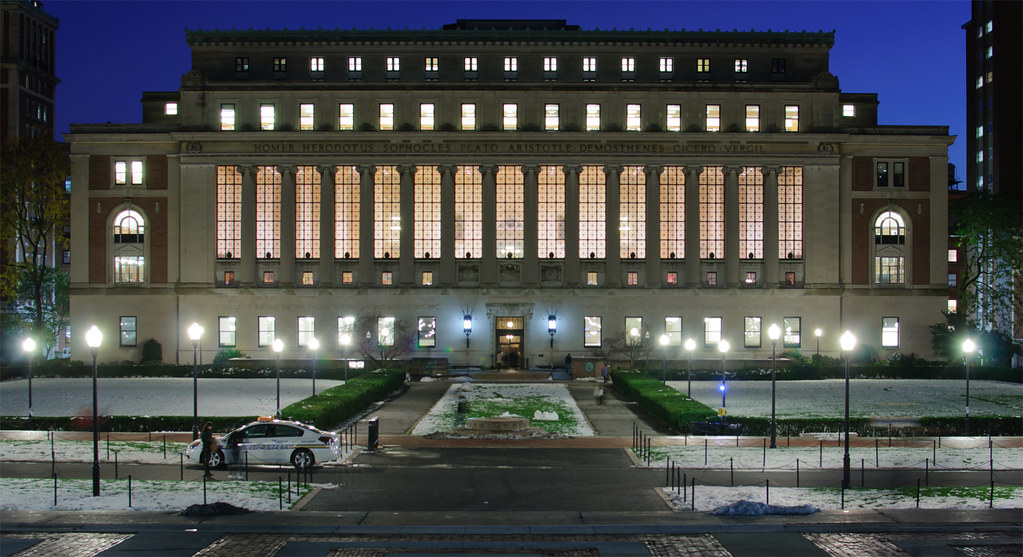
In the realm of childcare and education, Mamdani supports a universal pre-kindergarten system and has proposed “baby baskets” for all new New York City families, containing essential products like diapers and nursing supplies. He introduced a bill to eliminate state property tax exemptions for New York University and Columbia University, redirecting those funds to the historically underfunded City University of New York (CUNY) system. Interestingly, in an interview with Der Blatt, a newspaper associated with the Hasidic movement, Mamdani expressed a desire to defend Hasidic yeshivas from accusations of failing to meet state educational standards, stating, “I will listen to your leaders” on education and “I will work to protect you from anyone who wants to disturb your way of life.”
His environmental policy views climate action as integral to social justice. Mamdani organized volunteers in 2021 to lobby Governor Kathy Hochul against the expansion of a gas-fired peaker power plant in Astoria, citing environmental concerns for low-income nonwhite communities. As a mayoral candidate, he proposed a “Green Schools for a Healthier New York City” blueprint, envisioning retrofitting 500 public school buildings with rooftop solar arrays and upgraded HVAC systems, building 500 green schoolyards, transforming asphalt into green spaces, and converting 50 schools into year-round resilience hubs to offer shelter during extreme weather events. He also backs statewide measures like the All-Electric Buildings Act and supports congestion pricing in Manhattan.
Mamdani’s foreign policy stances are among his most controversial, particularly his sharp criticism of Israel. He has condemned Israeli apartheid, supports the Boycott, Divestment, and Sanctions (BDS) movement, and introduced a state assembly bill to prohibit registered charities from donating to organizations involved in Israel’s West Bank settlements or supporting alleged war crimes in Gaza. Following the Hamas-led October 7 attacks on Israel, Mamdani issued a statement to “mourn the hundreds of people killed across Israel and Palestine,” asserting that the end of “occupation” and “apartheid” was the only path to peace. He later condemned the Hamas attacks as a “horrific war crime” and was arrested during a pro-Palestinian ceasefire demonstration.
In 2025, Mamdani stated his belief that Israel was committing genocide in Gaza and pledged that if Benjamin Netanyahu, the Israeli Prime Minister, were to visit New York City, he should be arrested in accordance with the International Criminal Court’s warrant for his arrest. He also condemned U.S. airstrikes on Iranian nuclear sites during the Iran-Israel war, describing them as unconstitutional and destabilizing. His global views extend to India, where he stated he would refuse to engage with Prime Minister Narendra Modi, whom he considers a “war criminal” for allegedly “orchestrat[ing] a mass slaughter of Muslims in Gujarat” during the 2002 riots. This assertion drew criticism from leaders in India, who called it a “blatant lie,” citing census data showing Muslims as at least 10% of Gujarat’s population.
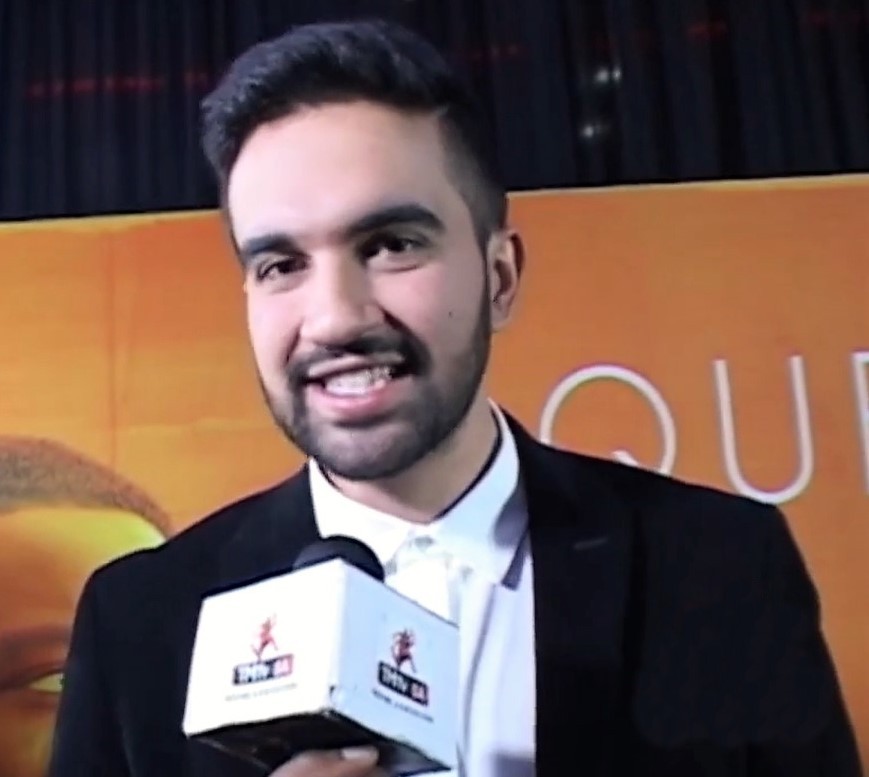
Throughout the Democratic primary campaign for New York City mayor, Mamdani consistently trailed Andrew Cuomo in polling. However, his donor base, though raising similar amounts of money, was considerably larger than Cuomo’s, indicative of broader grassroots support. He garnered significant endorsements from prominent progressive politicians, including U.S. Senator Bernie Sanders and U.S. Representative Alexandria Ocasio-Cortez. Sanders articulated his support by stating, “Our nation faces a fundamental choice: Will we continue with a corporate-dominated politics driven by billionaires or will we build a grass-roots movement fueled by everyday people, committed to fighting oligarchy, authoritarianism, and kleptocracy?” Ocasio-Cortez, endorsing Mamdani as her first choice, said he “has demonstrated a real ability on the ground to put together a coalition of working-class New Yorkers that is strongest to lead the pack.”
The New York Times editorial board, however, expressed reservations, writing on June 16 that it did “not believe that Mr. Mamdani deserves a spot on New Yorkers’ ballots,” citing his experience as “too thin” and likening his agenda to “a turbocharged version of Mr. de Blasio’s dismaying mayoralty.” The Atlantic’s Michael Powell described his campaign as magical realism, claiming it was “exuberantly disconnected from actual government budgets and organizational charts.” Despite these critiques, a poll taken shortly before the June 24 primary election showed Mamdani had caught up to Cuomo, and on election night, first-choice results indicated Mamdani had a substantial lead. Cuomo conceded the race that evening, and Mamdani’s victory, announced by the Associated Press on July 1, was widely considered a major upset.
In the aftermath of his primary win, Mamdani received endorsements in the general election from congressional representatives Adriano Espaillat and Jerry Nadler, and powerful labor unions including the United Federation of Teachers, the New York State Nurses Association, and local chapter 32BJ of the Service Employees International Union. The New York Times observed that Mamdani’s victory “offered the starkest evidence yet that outspoken opposition to Israel and its government—and even questioning its existence as a Jewish state—is increasingly acceptable to broader swaths of the party, even in areas where pro-Israel Jews have long been a bedrock part of the Democratic coalition.”
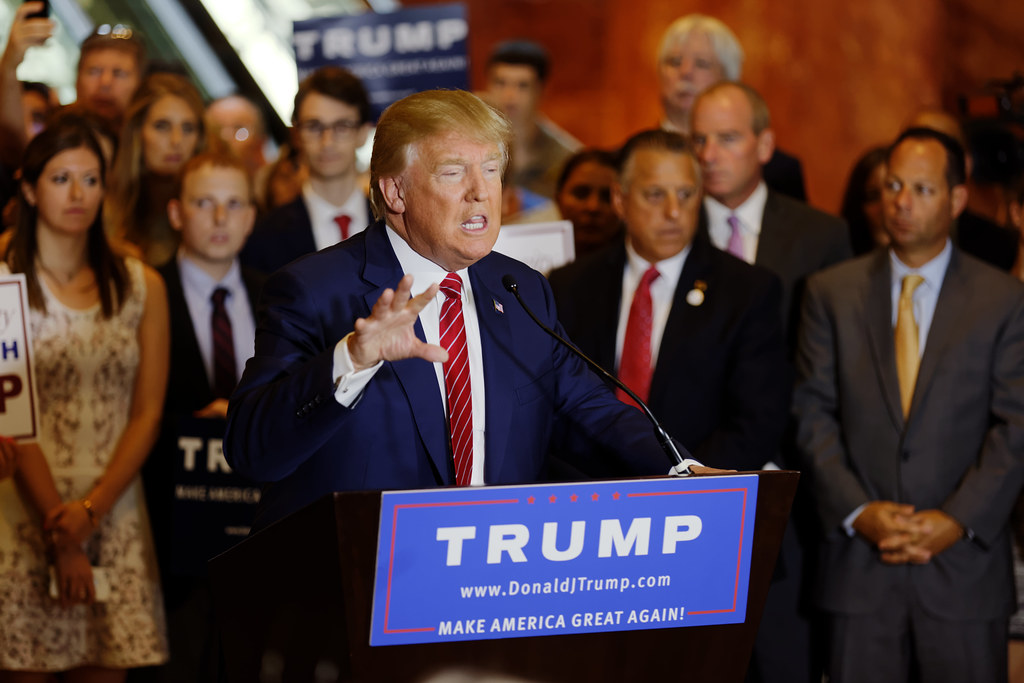
His nomination quickly drew sharp and often inflammatory reactions from Republican figures. Former President Donald Trump, in particular, called Mamdani a “100% Communist lunatic.” Trump further suggested, without evidence, that Mamdani might be in the U.S. illegally, adding that his administration would look into that question. He also threatened to arrest Mamdani and withhold funding from New York City if the newly nominated Democrat refused to comply with Trump’s mass deportations, going as far as suggesting a federal takeover of New York City if Mamdani is elected.
Beyond Trump, several other Republicans launched attacks laced with Islamophobic, racist, and xenophobic content. U.S. Representative Nancy Mace tweeted, “After 9/11, we said ‘Never Forget.’ I think we sadly have forgotten.” Representative Marjorie Taylor Greene posted an image of the Statue of Liberty wearing a burqa. Other MAGA-aligned figures, including Laura Loomer, Charlie Kirk, and Donald Trump Jr., also invoked 9/11 in their discussions of Mamdani. Republican U.S. Representative Andy Ogles appealed to Attorney General Pam Bondi to denaturalize and deport Mamdani, referring to him as “little Muhammad [sic]” and labeling him “antisemitic, socialist, communist.” The Council on American–Islamic Relations (CAIR) condemned Ogles’s remarks as Islamophobic and racist and noted a significant increase in Islamophobic content on Twitter the day after Mamdani became the presumptive nominee.
Even within the Democratic Party, Mamdani faced scrutiny. On The Brian Lehrer Show, Democratic U.S. Senator Kirsten Gillibrand made unsubstantiated assertions of Mamdani’s “past positions, particularly references to global jihad.” Her office later clarified that she “misspoke,” and Gillibrand subsequently apologized to Mamdani. The deliberate contrast between these “radical descriptors” and Mamdani’s preferred campaign attire—a traditional suit and tie—was noted by The New York Times’s chief fashion critic, Vanessa Friedman, who observed, “Dressing like an establishment guy offers a counterargument of its own.”
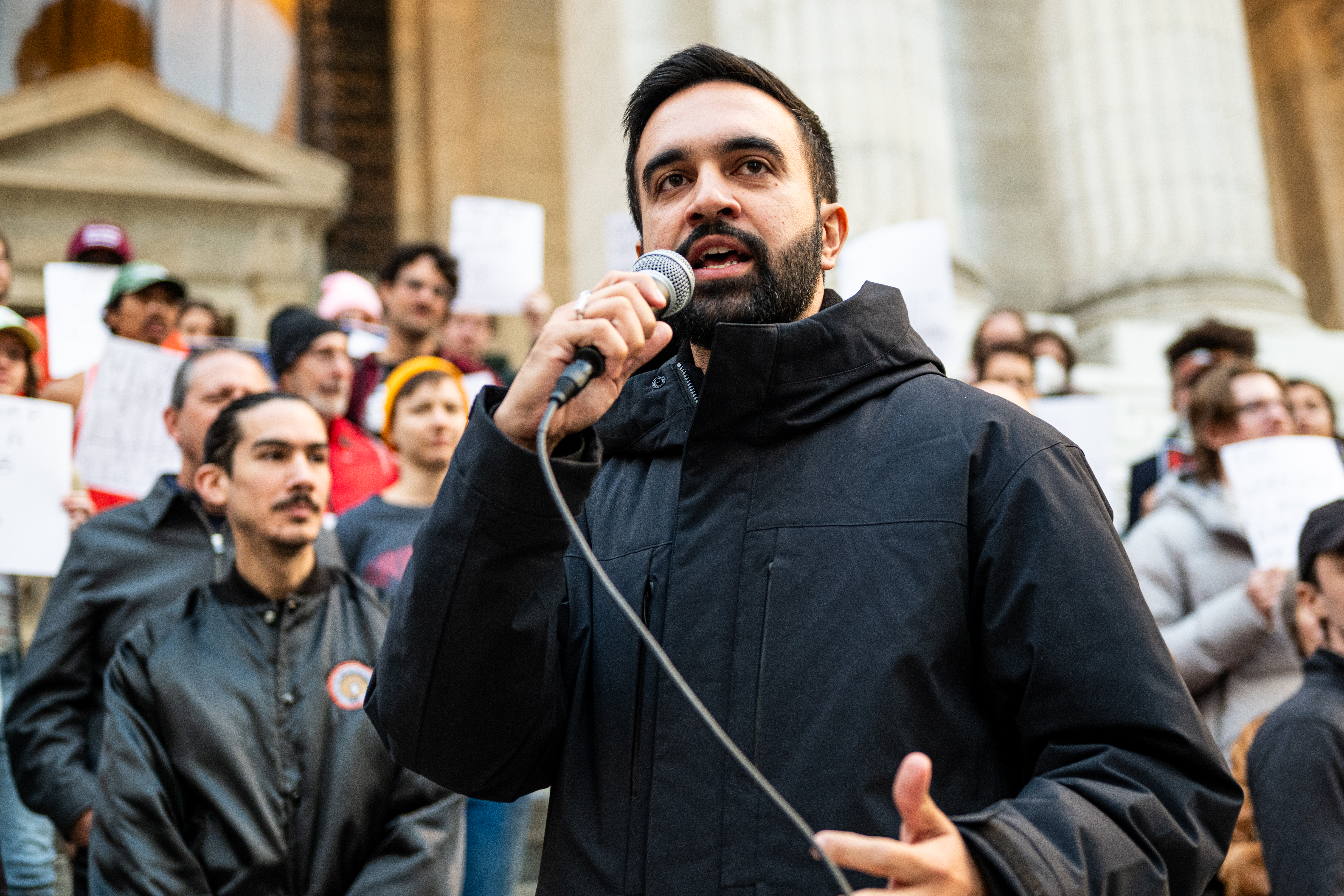
Zohran Mamdani, a dual citizen of Uganda and the United States, having been naturalized in 2018, identifies as Shia Muslim, specifically with the Twelver branch. In February 2025, he married Syrian-American animator Rama Duwaji in a civil ceremony at New York City Hall, following a private nikah ceremony in December 2024. The couple resides in Astoria, Queens. A fan of the New York Mets and the New York Giants, Mamdani also supports the English football club Arsenal. During his mayoral campaign, he demonstrated varying degrees of proficiency in Hindi–Urdu, Bengali, and Spanish, reflecting his multilingual background.
Zohran Mamdani’s journey from community organizer and hip-hop artist to the Democratic nominee for New York City mayor embodies a profound shift in urban politics. His platform, a robust articulation of democratic socialist principles, proposes systemic changes to address the city’s housing crisis, economic inequality, and environmental challenges. His uncompromising stance on foreign policy, particularly regarding the Israeli-Palestinian conflict and his criticism of international leaders, sets him apart from traditional political figures.
The emerging confrontation with former President Donald Trump, characterized by heated rhetoric and direct threats of federal intervention, underscores the national significance of this local election. Mamdani’s victory, achieved despite significant skepticism from established media and political circles, marks him as a formidable new force. His candidacy represents a pivotal moment for New York City, poised between a conventional past and a potentially radical future, making the 2025 mayoral race a focal point for understanding the evolving ideological currents in American democracy.

